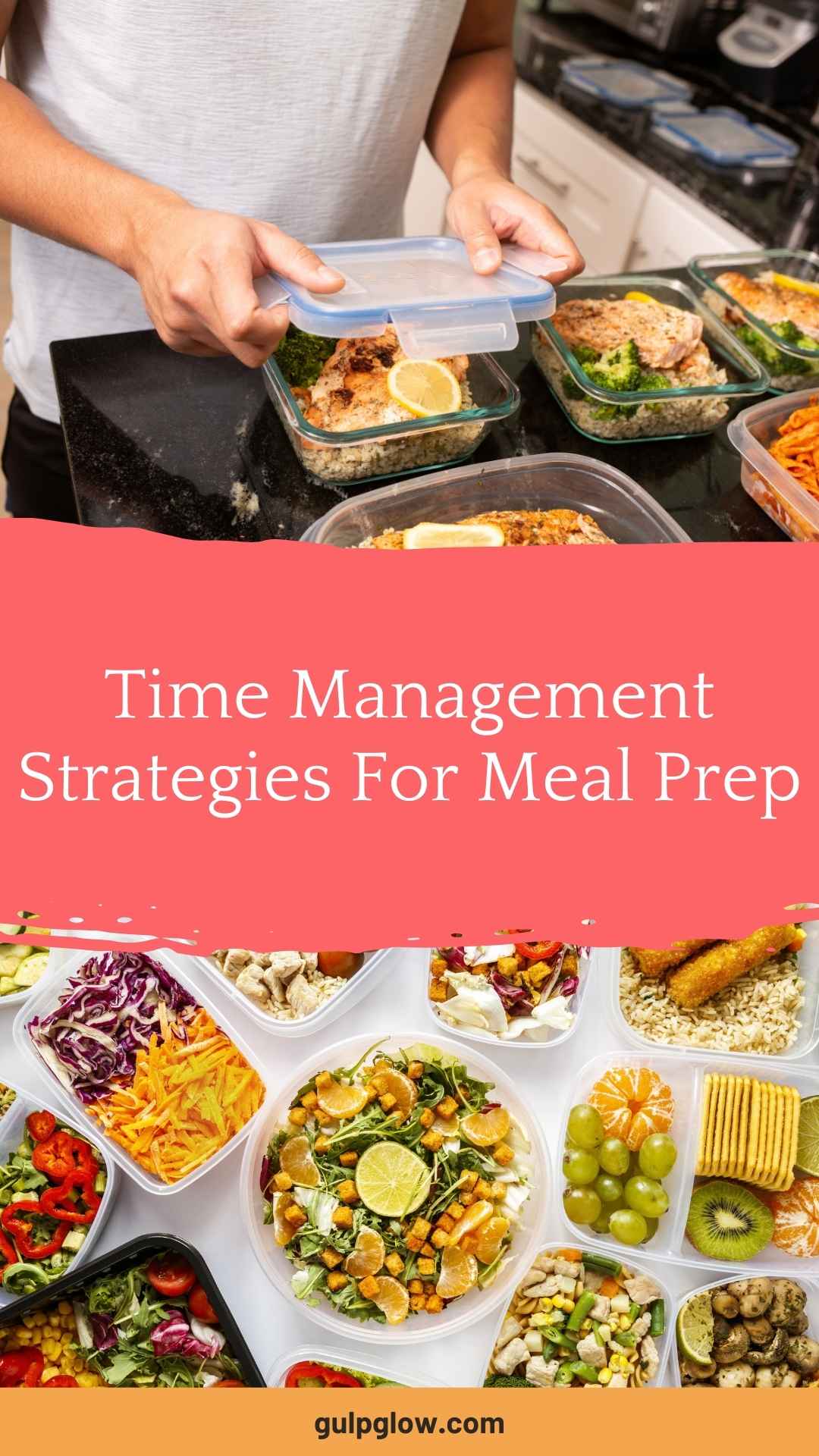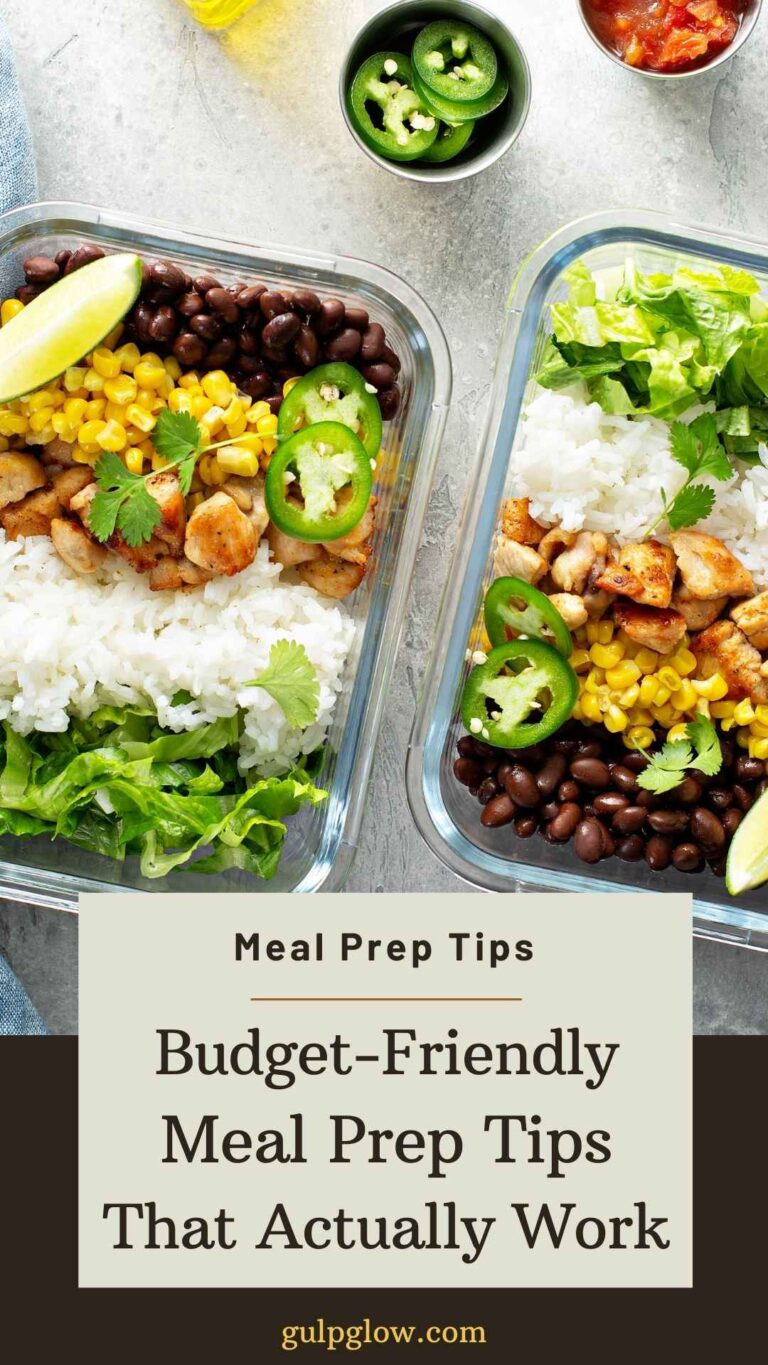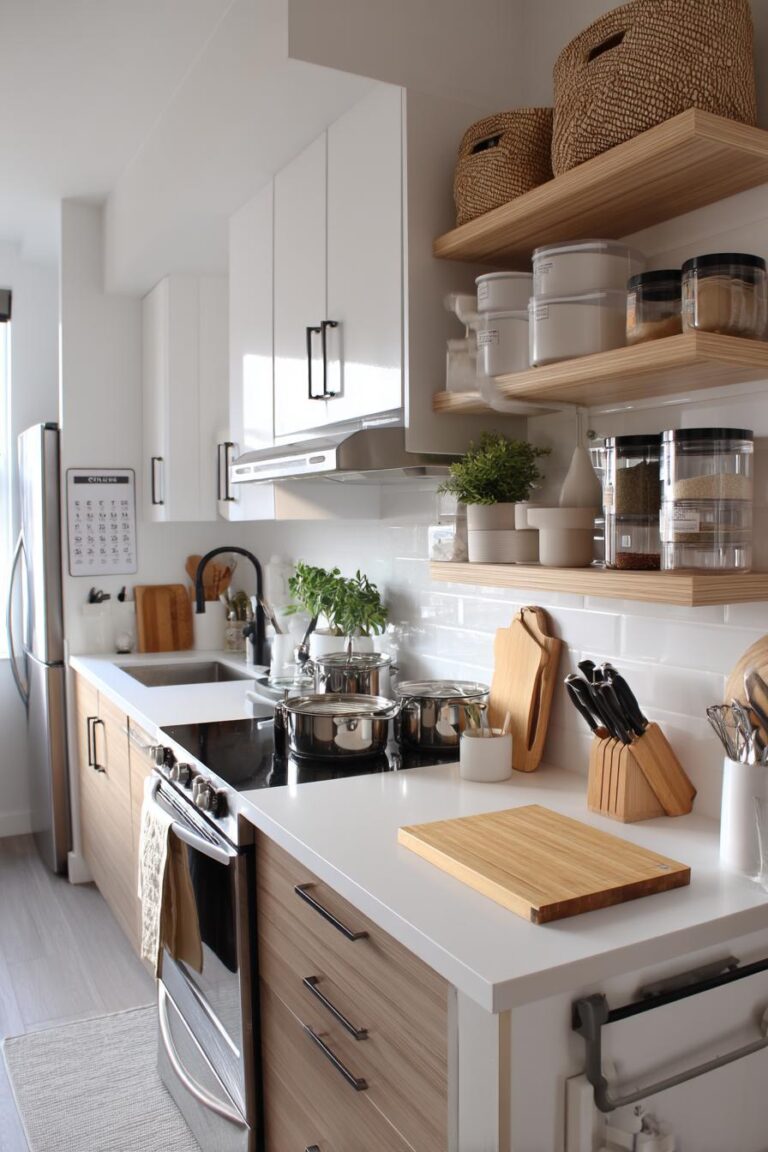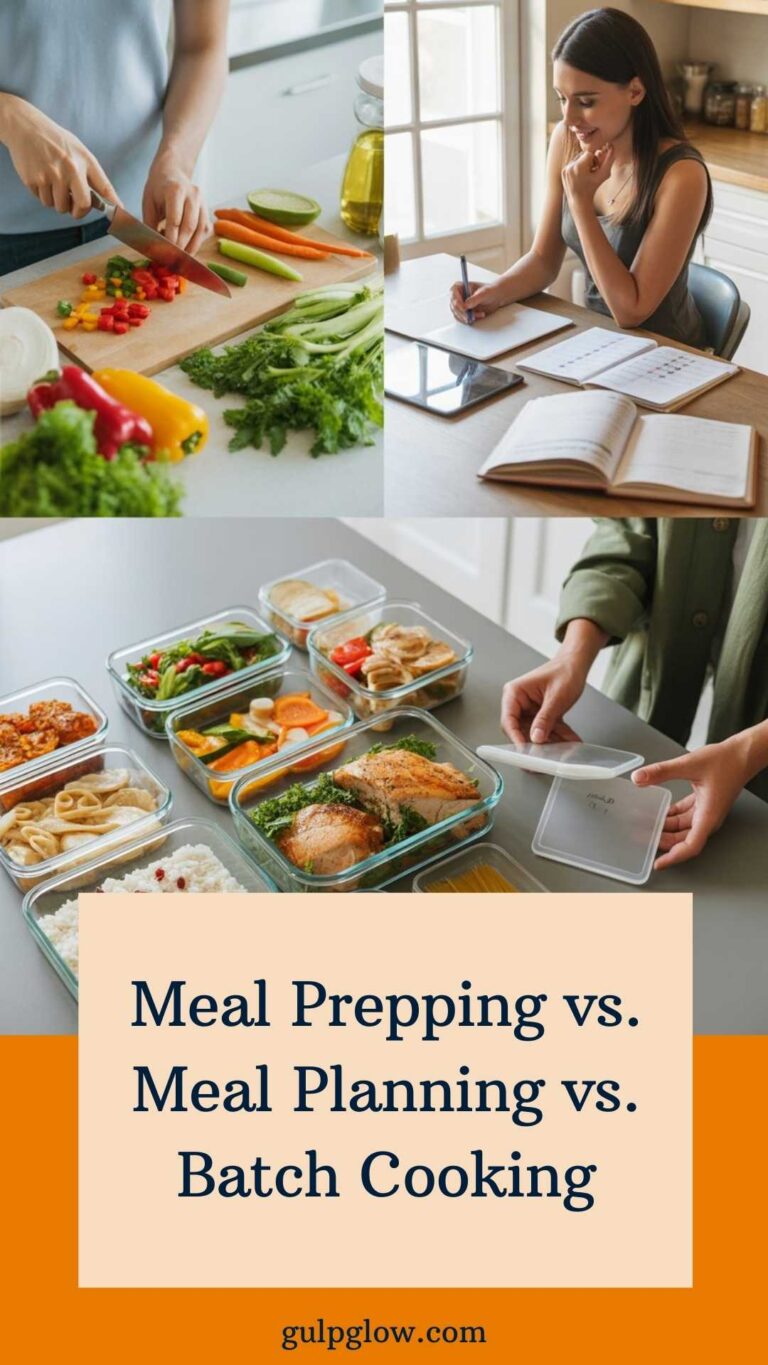Mastering Time Management: Meal Prep Strategies for Busy Individuals
In the whirlwind of modern life, balancing work, personal commitments, and self-care can often feel like a juggling act—especially when it comes to eating healthy. That’s where meal prepping steps in as a powerful time-saving strategy. But without the right time management techniques, even the best intentions can lead to kitchen chaos and burnout.

Meal prepping is more than just cooking in bulk—it’s about creating a streamlined routine that supports your health goals while saving precious time during the week. For busy individuals, it’s not just what you cook but how you plan and prepare that makes all the difference. With thoughtful time management, meal prepping transforms from a daunting task to a smart lifestyle habit.
In this article, we’ll walk through practical, time-tested techniques that help you meal prep more efficiently—from planning and batch cooking to organizing your kitchen like a pro. Whether you’re a seasoned prepper or just getting started, these strategies will help you save time, reduce stress, and stay consistent with your healthy eating goals.
Understanding the Basics of Meal Prepping
Before diving into techniques, it’s important to grasp what meal prepping actually entails. At its core, meal prepping is the process of planning and preparing meals or ingredients ahead of time to streamline eating throughout the week. This might include chopping vegetables, cooking entire meals in advance, or portioning out snacks and lunches.
The Benefits
Meal prepping offers a range of advantages, especially for busy people:
- Time Efficiency: Spend less time daily in the kitchen.
- Healthier Choices: Stick to nutritious meals rather than last-minute fast food.
- Cost Savings: Reduce grocery bills by buying in bulk and avoiding impulse buys.
- Stress Reduction: Eliminate the daily “what’s for dinner?” dilemma.
Common Challenges
Many people face hurdles such as lack of time, not knowing where to start, or feeling overwhelmed by the planning process. Others struggle with boredom from eating the same meals or with food waste from poorly planned portions.
The Role of Time Management
Effective time management turns meal prepping into a sustainable habit. By organizing your approach, breaking tasks into manageable steps, and using smart scheduling, meal prepping becomes less of a chore and more of a life hack.
Effective Time Management Techniques for Meal Prepping
Mastering time management is key to efficient meal prepping. Here are the most effective strategies:
Planning Ahead
- Weekly Meal Planning: Set aside time each weekend to plan your meals for the week. Choose recipes that use overlapping ingredients to simplify your grocery list.
- Use Apps or Planners: Tools like Mealime, Paprika, or even a simple calendar can help visualize your week’s menu and avoid last-minute decisions.
Batch Cooking
- Cook Once, Eat All Week: Choose a day (often Sunday) to cook in bulk—grains, proteins, and roasted veggies store well and can be mixed into various dishes.
- Freezer-Friendly Meals: Double recipes and freeze half for future weeks. Stews, soups, and casseroles are great candidates.
Time Blocking
- Designated Prep Windows: Block out specific times for grocery shopping, chopping, and cooking to stay focused.
- Reduce Multitasking: Concentrated time blocks improve productivity and help maintain momentum.
Kitchen Tools and Tech
- Invest in Time-Savers: Pressure cookers, air fryers, and slow cookers reduce active cooking time.
- Organizational Apps: Use digital tools to save and organize recipes, generate grocery lists, and track inventory.
Using Convenience Items
- Pre-Cut and Frozen Foods: These can significantly reduce prep time without sacrificing nutrition.
- Canned and Jarred Ingredients: Keep staples like beans, tomatoes, or sauces on hand for quick meal assembly.
Organizing Your Kitchen for Efficient Meal Prep
Your kitchen setup can either boost or hinder your meal prep efficiency. Creating a well-organized, clean workspace is essential.
Decluttering Your Workspace
- Keep Counters Clear: Store small appliances and utensils you don’t use daily.
- Organize by Zones: Create areas for chopping, cooking, and storing to streamline workflow.
Labeling and Storage
- Use Clear Containers: See what’s inside without opening each lid. Opt for stackable containers to save space.
- Label with Dates and Names: Prevent waste and confusion by marking prep dates and contents.
Stocking Smart
- Pantry Essentials: Keep versatile staples like rice, pasta, canned goods, and spices well-stocked.
- Refrigerator Rotation: Place older items in front so they’re used first, minimizing spoilage.
Developing a Sustainable Meal Prep Routine
Meal prepping isn’t just about getting through the week—it’s about creating a rhythm that fits your life long-term. Sustainability is key, and that means building habits that you can stick with through busy seasons, unexpected events, and lifestyle changes.
Start Small and Build Momentum
- Ease Into It: Begin by prepping one or two meals per week, then gradually increase as you find your rhythm.
- Focus on Problem Meals: If breakfast is your most rushed time, start with prepping smoothie packs or overnight oats.
Stay Flexible
- Allow Room for Spontaneity: Life happens—plans change. Leave gaps in your meal plan for eating out or leftovers.
- Mix It Up: Rotate recipes and try theme nights (like Taco Tuesday or Stir-Fry Friday) to avoid food fatigue.
Review and Adjust Regularly
- Track What Works: Take notes on meals you loved, prep times, and portion sizes. Use this data to refine your process.
- Tweak Based on Your Schedule: Some weeks may require simpler meals or less prep—adapt accordingly.
By treating meal prepping as a flexible system rather than a rigid rule, you’ll be more likely to maintain it long-term.
Conclusion
In the hustle of everyday life, meal prepping can be your secret weapon—saving time, reducing stress, and helping you eat better. But the true magic lies in combining smart strategies with effective time management. From planning and batching to organizing your kitchen and staying flexible, every small step adds up to a big impact.
Implementing just a few of these techniques can revolutionize how you approach your meals—and your week. With a little preparation and a lot of intention, meal prepping becomes not just a task, but a lifestyle that supports your health and productivity.
Start small, stay consistent, and remember: good habits are built one meal at a time.






